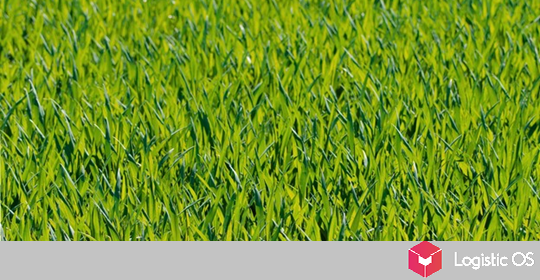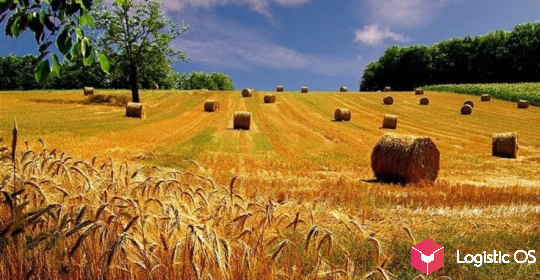Currently, export is extremely important for the Russian agricultural complex, since it is he who is the main driver of its development.
Experts note that for most types of agricultural products produced, Russia has long exceeded the threshold of saturation of the domestic market.
Thus, export is the only meaning of further development. In addition, it is he who plays a key role in ensuring the margin of agricultural producers.
The domestic market is far from always able to give the revenue that will cover all costs so that there is still money to develop — for example, the introduction of new technologies.
In addition, in the coming years, Russia plans to introduce about 13 million agricultural land of those 20 million that were used back in the days of the USSR.
However, before taking such a step, it is extremely important to decide where to go the manufactured products, experts warn.
Either she will export, or, perhaps, new lands will remove part of the load from the already used in order to restore their fertility.
In general, Russia managed to solve problems with exporting due to sanctions to Europe.
For example, deliveries to the countries of Asia and Africa are increasing. In particular, a major deal was recently concluded with China for the supply of 70 million tons of grain over 12 years.
The Asian region as a whole is quite attractive for Russian farmers, but it is important to keep in mind its features. For example, “alternative meat” made from soy and peas is popular in Asian countries. If Russia began to actively produce it, this could interest the Asian consumers.
What prevents the development of the Russian agro -industrial complex today?
One of the main problems is a large number of specialists call the lack of qualified personnel.
We are talking about both familiar specialists and those professions that are now only appearing or can appear in the near future.
For example, universities and colleges are not currently being prepared by sufficiently qualified specialists in selection and seed production, and this issue is very acute, taking into account the fact that until recently, Russia mainly imported seeds from Western countries.
In addition, specialists on the means of protecting plants from new threats may soon be needed, taking into account climate change.
And widespread robotization reduces the requirements for the number of low-skilled workers — but requires the highest level of specialists who will manage the robots.
Given this, the solution to export problems and personnel is most important to ensure the further development of the agro -industrial complex in the Russian Federation.

